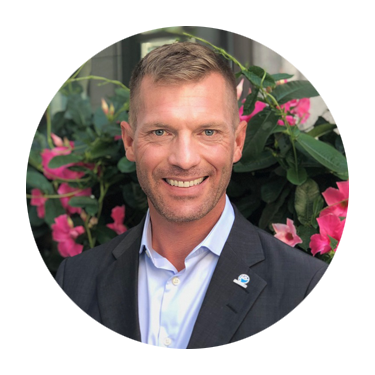The covid-19 pandemic and the general containment that it engendered has disrupted many aspects of our daily lives. The majority of us have started to telework, greatly limiting social contact and activities outside the home. These changes have in turn caused many people to question their former lives, particularly the questioning of their former life, which was governed by the principle of the metro-work-to-sleep system.
Thus, there has been a resurgence of interest in “Slow Living”. This way of approaching life is not new, but it has been brought to light by the pandemic. Learn more in this article, and discover how a psychological consultation could guide you if you are going through a period of reflection about your lifestyle.
What is Slow Living?
Slow Living is a movement in which we need to slow down the pace of our lifestyles in order to be able to develop better. In a way, it stems from the Slow Food movement, which appeared in the 80s to counter the growing popularity of Fast Food. Choosing foods that are not highly processed, growing your own fruit and vegetables and then cooking them, baking your own bread… These are the principles of Slow Food, which puts quality before quantity or speed.
Slow Living also means focusing on quality rather than quantity in several areas of our daily lives, including professional life, social life and the consumption of goods. It means slowing down our pace of life to put more emphasis on what makes us happy, what allows us to blossom. It means making life choices that may be different from those that society dictates or imposes on us.
A questioning provoked by the pandemic
The containment caused by the pandemic caused many people to slow down their work activities, resulting in more time spent at home, with family, and more time for leisure. Indeed, the metro-work-to-sleep lifestyle has really been turned upside down by the pandemic.
As a result, many people realized that they didn’t need to do so much to be happy. Others have benefited from having less work or social pressures and more time to relax or take care of themselves. This explains the growing interest in Slow Living and that is why we have prepared this article to inform our clients.
The psychologist: for support during this period of reflection
Of course, the awareness that some of us have had is often accompanied by several questionings, or rather questioning. Nevertheless, it is important to remember that Slow Living does not necessarily mean giving up everything or causing great upheavals in our lives. It can be through small changes, through a new way of approaching daily activities, or through new values to guide our life choices.
We believe it is important to mention that it may be relevant to seek support during this period of reflection. A psychologist can indeed accompany you and help you to highlight certain aspects related to Slow Living and your interest in it. Why do you want the changes brought about by the pandemic to continue? What makes you happier and more fulfilled in this way of approaching your daily life?
The psychologist can represent a very relevant external point of view and can help you to implement changes in your life in a healthy and sustainable way. If need be, the psychologists at Clinique GO™ are there for you. We offer our services by online consultation to improve access and make life easier for our clients!
 Approuvé par Francis Desjardins
Approuvé par Francis Desjardins



